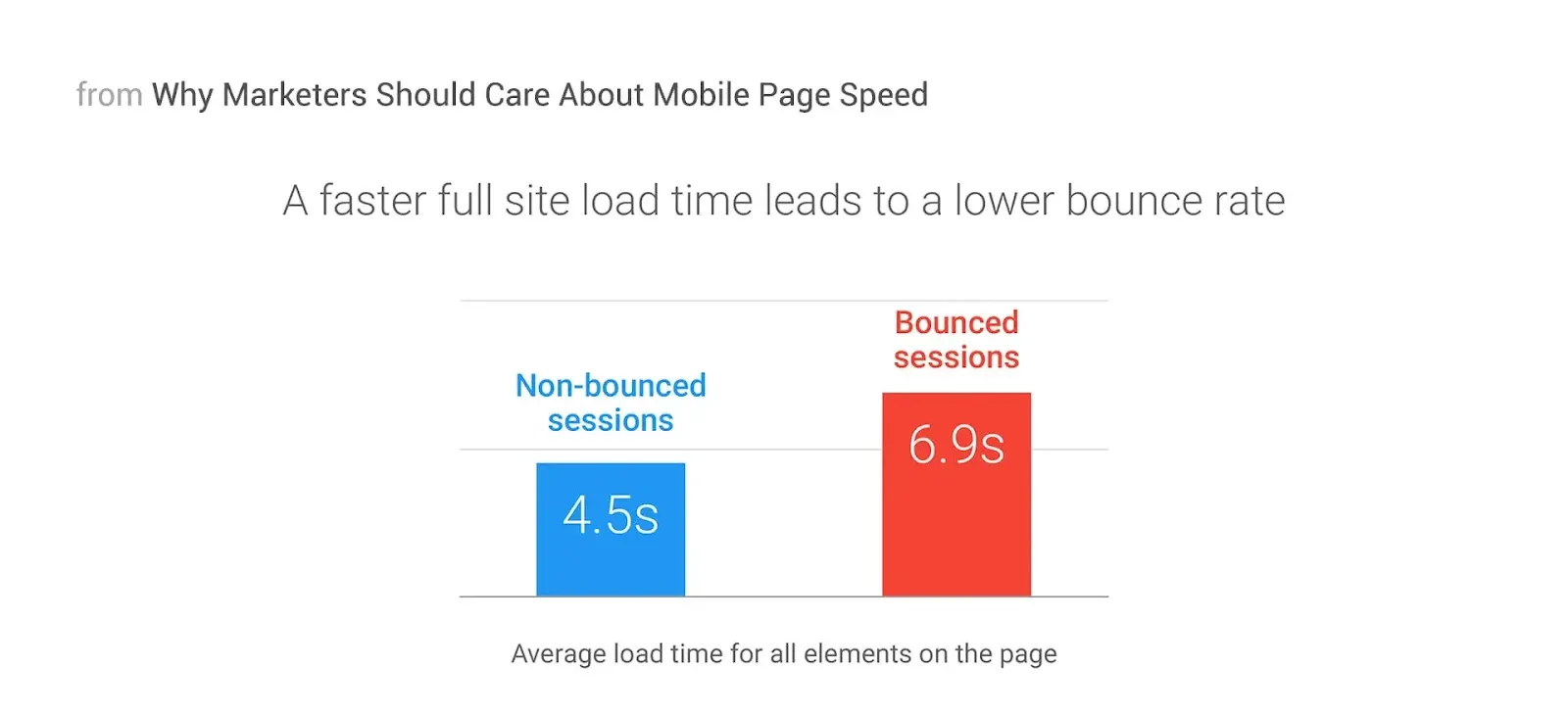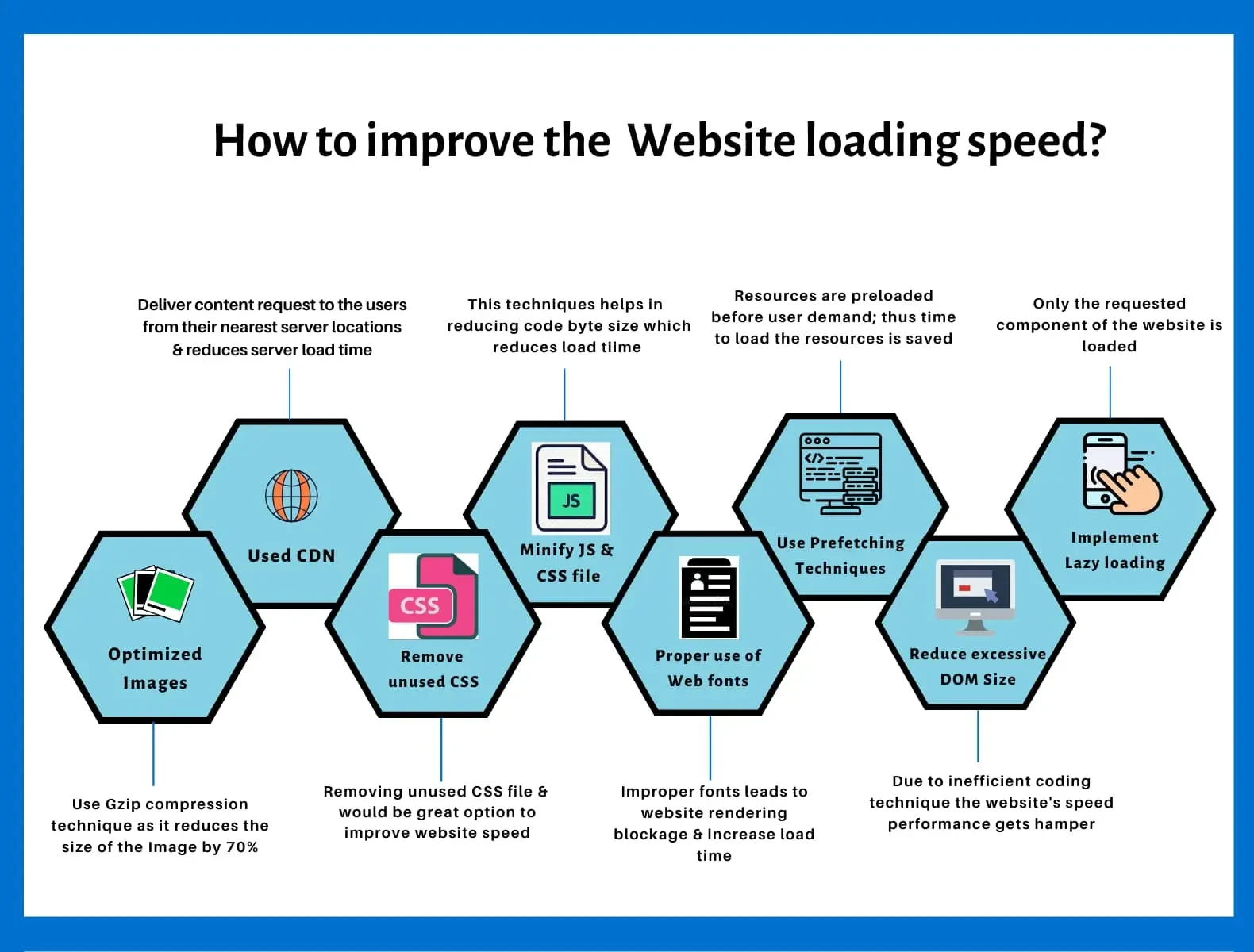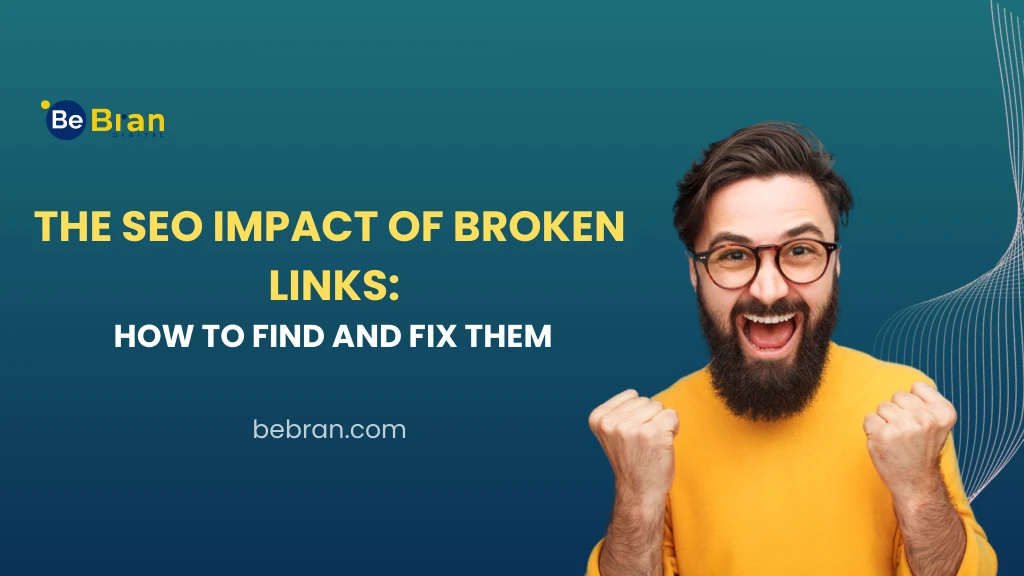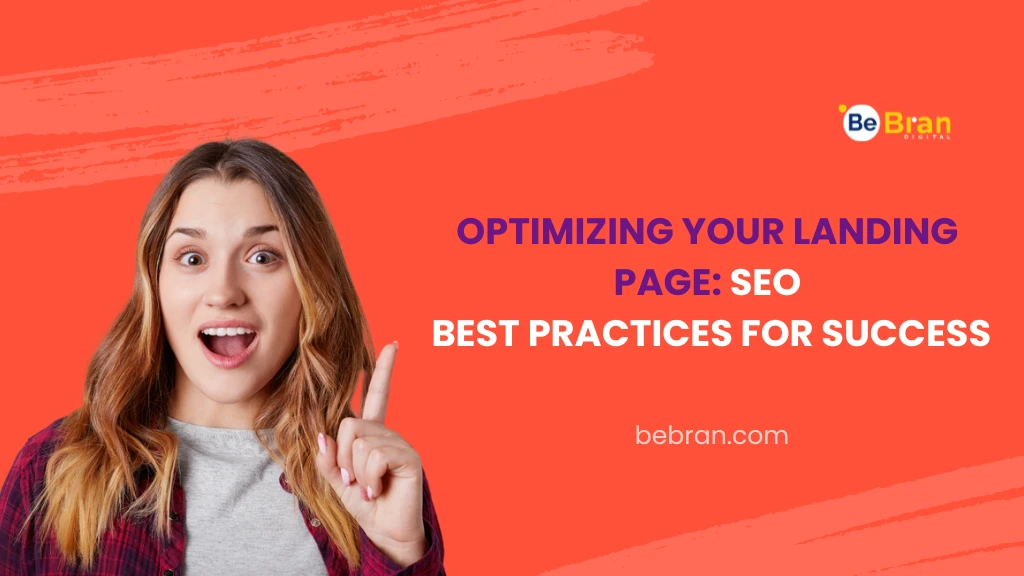
In the fast-paced digital landscape, seconds matter. Your website's page load speed can be the difference between a visitor staying and exploring or bouncing away in frustration. In this article, we'll delve into the critical importance of page load speed and why it should be a top priority for website owners and digital marketers. So, let's strap in and explore the need for speed in the online world.


In the digital age, where competition is fierce and attention spans are short, page load speed can be a game-changer. It impacts user experience, SEO, and ultimately, your website's success. So, take a close look at your website's speed, optimize where needed, and watch as your online presence accelerates toward success. Remember, in the race for online supremacy, the tortoise doesn't always win; speed matters.
1. What is page load speed, and why is it important for websites?
Page load speed refers to how quickly a webpage loads in a web browser. It's crucial because it directly impacts user experience, SEO, and overall website success.
2. How does page load speed affect user experience?
Slow page load times frustrate users and lead to higher bounce rates. Fast-loading pages enhance user satisfaction and engagement.
3. Does page load speed impact SEO?
Yes, it does. Search engines like Google consider page speed as a ranking factor. Faster websites tend to rank higher in search results.
4. What is the ideal page load time?
Ideally, a webpage should load in two seconds or less. However, aiming for the fastest load time possible is advisable.
5. How can I check my website's page load speed?
You can use online tools like Google PageSpeed Insights or GTmetrix to analyze your website's load speed and receive recommendations for improvement.
6. What are some common factors that slow down page load speed?
Large images, excessive HTTP requests, unoptimized code, and lack of browser caching are common factors that can slow down a website.
7. How can I optimize images to improve page load speed?
You can optimize images by resizing them appropriately, using modern image formats, and compressing them without compromising quality.
8. Are there any best practices for improving page load speed?
Yes, best practices include minimizing HTTP requests, leveraging browser caching, and enabling file compression. Mobile optimization is also crucial.
9. What is mobile-first indexing, and why does it matter for page load speed?
Mobile-first indexing means search engines primarily use the mobile version of a site for ranking. Optimizing for mobile speed is vital for SEO success.
10. How can I get started with improving my website's page load speed?
Start by analyzing your website's current speed, identify areas for improvement, optimize images and code, and implement recommended changes for a faster site.







































